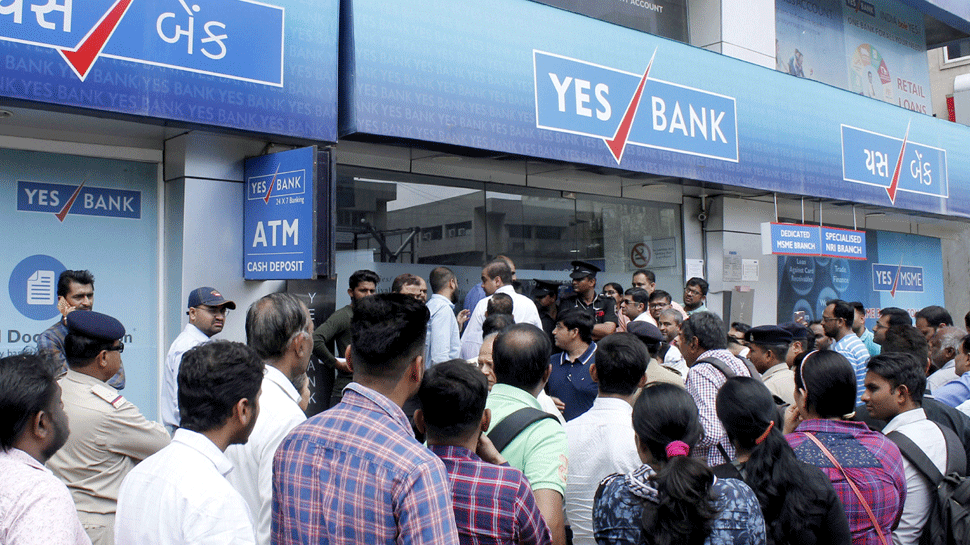Recently we came to know that Yes Bank has bailed out of Banking because of their investment in Bad companies which left the bank without paying back interest and principal to the Bank. Now RBI took over the charge of the Yes bank. First, we should be aware of how does a bank functions..?
- The banks collected the money from depositors like us. Suppose I deposited 100 rupees and for saving in their bank, in return, it should pay me the interest which is 4%.
- That means the bank pays me 104/- for the amount which I paid 100/-.
- How does the bank get that extra 4/-? It gives loans to some big companies that mean it gives our 100/- to some companies for example Dmart.
- But they collect interest from them at the rate of 8%. So the bank will use that 8% to run the bank and give the customers their interest amount.

Now, this is where the YES BANK has failed to collect back that 8% interest from those big companies as the companies went into losses.
The Yes Bank is now placed under a moratorium for 30days. That means there will be no operations done for 30days and RBI wants to settle the situation in these 30 days.

- RBI says there is nothing to fear for their customers as their money is safe and will be returned to them.
- Moreover, SBI is going to purchase 49% of shares in Yes Bank. We should analyze one more topic here about the BANK MERGER.
- From April 10 Nationalised Banks are going to be merged into 4.
- This is because a well-settled strong bank merges a weak bank so that both of them can get benefited and the customer will be happy.
- But if the weaker bank is more worst in condition then the financial burden on the strong bank will get worsen.
- So, there is a proposal that 2 strong banks should merge one weak bank. There is also some laziness presented by the RBI authority for this condition of banks.

RBI has to take care of the Prompt Corrective Action(PCA) on any bank to make sure that it does not get bailed out. But, RBI failed in this in the Yes Bank issue. So, there is a need for RBI to revise its PCA guidelines.
After PNB, now Yes bank people will lose trust in banks so, it is the responsibility of RBI and the central government to uplift the customer trust on banks.




